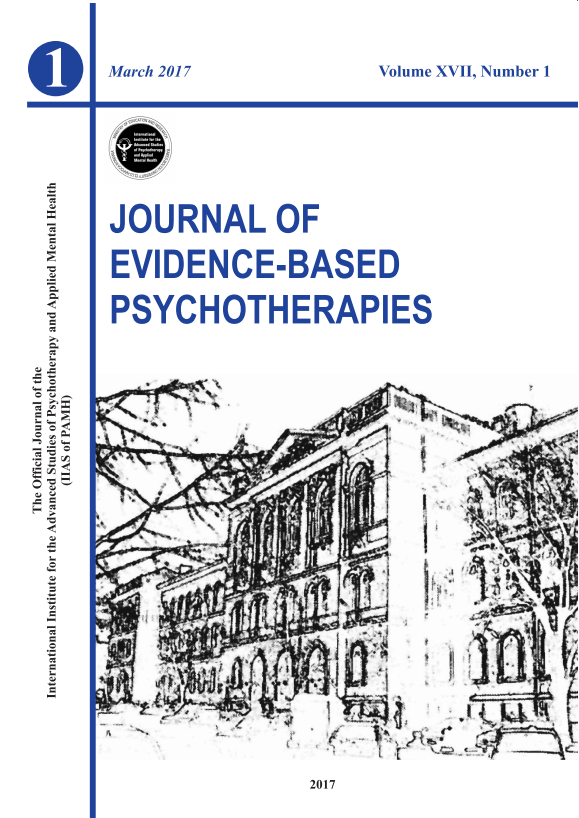Bianca Daniela SUCIU1*, Ioana Valentina MICLUŢIA1,2
suciu.bianca@umfcluj.ro
1 Department of Neurosciences, Psychiatry and Pediatric Psychiatry Chair, “Iuliu Hațieganu“ University of Medicine and Pharmacy, 43 Victor Babeș Street, Cluj-Napoca, Romania
2 Psychiatric Clinic, Emergency County Hospital, Cluj-Napoca, Romania
Abstract
Background: Several reports have described impairment in certain neurocognitive domains for patients with depression. The results are conflicting therefore numerous studies are trying to understand the conection between depression, cognitive impairment and coping strategies. Objective: The aim of the present study was to explore the dysfunctional coping styles in major depressed patients and the association between coping mechanisms and different cognitive domains.
Method: A cross-sectional study included 65 patients diagnosed with recurrent major depressive disorder who were evaluated clinically, neurocognitively. Cognitive functions were measured with neuropsychological tests, coping mechanisms were assessed with the Brief COPE and the severity of depression was evaluated with the HAM-D-17 items. All patients’ results were compared with 35 healthy controls.
Results: Depressed patients in comparison with controls displayed significant statistical differences (p < 0.05) showing greater use of self-distraction, denial, disengagement and self-blame coping styles. Statistically significant associations (p < 0.05) were found between the cognitive domains verbal fluency, attention and information processing speed and the use of problemfocused and emotion-focused coping domains.
Conclusions: Coping mechanisms used by individuals to adapt may have a role in cognitive functioning and depression. As the results indicated, depressed patients used more dysfunctional coping styles than healthy subjects.
Please cite this article as: Suciu, B. D., & Micluţia, I. V. (2020). COPING MECHANISMS ASSOCIATED WITH COGNITIVE IMPAIRMENT IN MAJOR DEPRESSED PATIENTS. Journal of Evidence-Based Psychotherapies, 20(1), 93-106.
Keywords: Cognitive impairment, Major depressive disorder, Coping strategies
DOI:10.24193/jebp.2020.1.6
Published online: 2020/03/01
Published print: 2020/03/01
